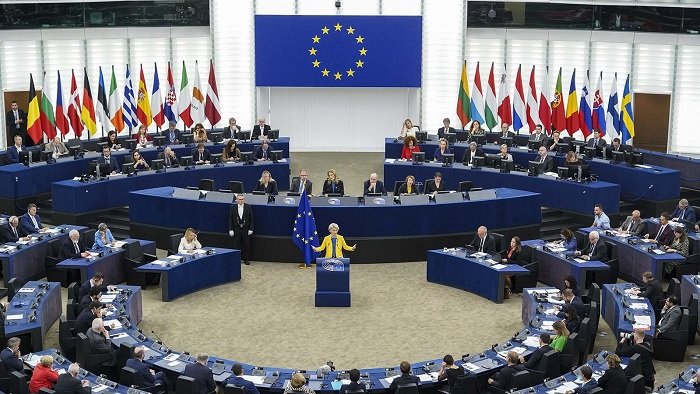Quick Summary
- Despite these challenges, the adoption of these rules by the UN and EU is a promising development in the governance of AI.
- The new AI rules agreed by the UN and EU represent a significant milestone in the journey towards responsible AI.
- As AI continues to evolve and permeate various aspects of our lives, these rules will play a crucial role in ensuring that the technology serves humanity in a beneficial and responsible manner.
Introduction
Artificial Intelligence (AI) has become an integral part of our lives, influencing various sectors such as healthcare, finance, transportation, and more. However, the rapid advancement and pervasive nature of AI have raised numerous ethical and legal concerns. Recognizing these challenges, the United Nations (UN) and the European Union (EU) have recently agreed on new AI rules1.
The New AI Rules
The United Nations General Assembly (UNGA) has adopted the first global resolution on AI. This resolution asks countries to safeguard human rights, protect personal data, and monitor AI for risks1. The non-binding resolution was universally adopted by UNGA, having been proposed by the United States and co-sponsored by China and more than 120 other member nations.
In parallel, the European Parliament has approved a set of legally binding rules to govern AI risks1. These rules aim to regulate the technology based on its potential to cause societal harm.
Implications of the New AI Rules
These new rules represent a significant step towards the responsible use of AI. They aim to ensure that AI technologies are developed and used in a manner that respects human rights and privacy, and that they do not pose undue risks to society.
The rules also underscore the need for transparency in AI systems. This includes the ability to understand how AI systems make decisions, which is crucial for accountability.
Challenges and Future Directions
While these new rules are a significant step forward, implementing them poses several challenges. These include the technical challenges of making AI systems transparent and explainable, and the regulatory challenges of enforcing these rules across different jurisdictions.
Despite these challenges, the adoption of these rules by the UN and EU is a promising development in the governance of AI. It sets a precedent for other nations and regions to follow, potentially leading to a global framework for AI ethics.
Conclusion
The new AI rules agreed by the UN and EU represent a significant milestone in the journey towards responsible AI. They highlight the importance of ethical considerations in AI development and use. As AI continues to evolve and permeate various aspects of our lives, these rules will play a crucial role in ensuring that the technology serves humanity in a beneficial and responsible manner.


